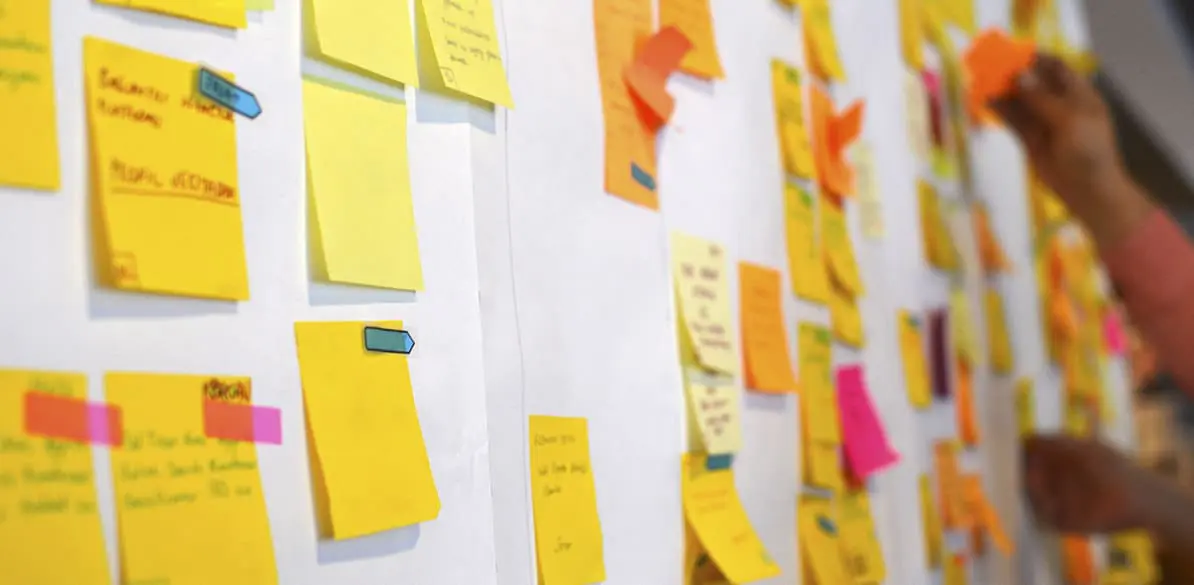Agile methodologies applied to social innovation
Adapting processes to generate more impact

Agile methodologies (Lean Startup, SCRUM, etc), which are today replacing traditional ways of managing technology projects (i.e. waterfall) emerged within the world of software development. While the methodologies themselves have gained recognition, in reality they are simply diverse manifestations of a new way of thinking within value creation. A philosophy expressed in the Agile Manifesto. The Agile Manifesto is a list of principles signed by a group of developers fed up of feeling that the way of working imposed on them did not generate the best solutions they felt capable of creating. They were tired of bureaucratic issues, communication breakdowns and, above all, excessively rigid frameworks which limited their ability to offer the very best of themselves. They decided to write their own rules, and the values underpinning these rules have redefined the way in which their organizations work.
All of these concerns are applicable to social projects, where all too often the issues that I have just described affect our ability to support the greatest number of people as efficiently as possible. In software development the principles of the Agile Manifesto encourage us to put all our effort into creating a product which has the greatest value possible for the client. In applying this to social innovation we encounter a series of principles which help us to use every second of the day for tasks that generate the greatest impact possible for our beneficiaries. To cite an example of this: I have rewritten the first two principles of the Agile Manifesto to adapt them to social innovation, to which we should all adhere.
- Our highest priority is to satisfy the beneficiary
clientthrough early and continuous delivery ofsoftwareproducts/services with value. - We welcome changing requirements, even in the late stages of development. Agile processes harness change to provide more
competitive advantageimpact to the beneficiaryclient.
Social innovators do not waste their time on tasks that do not contribute to the impact they wish to generate. Nor do they insist on carrying out projects in a certain way for the sole reason that it has been written down and approved months earlier. Social innovators are discovering what provides true value every step of the way and they adjust their projects based on what they have learned. They are aware that the final implementation of the project will differ from the initial plan, because it would only be exactly the same if we had not learned anything new at each phase of the project. This knowledge allows us to then improve on the following stages.
Translating the way in which Lean Startup and SCRUM methodologies used in software development can be implemented in various social projects cannot always be a direct process, but it is worth learning from them. And to apply them, although it involves a process of adaptation. Habits will only change if we replace them with other habits, which are only acquired through repetition. Reading the Agile Manifesto principles and merely nodding in agreement will not bring us closer to becoming an organization that is more focused on creating an impact for our beneficiaries. Carrying out material changes in the way we implement the next project we are launching is the way to do it. It is worth it.
About the author:
Concepción Galdón is Director and Academic Lead of Social Innovation at IE, Concepción focuses on the use of technology in social entrepreneurship, as well as promoting the creation of academic content in the field of Social Innovation for both schools and a number of programs.
